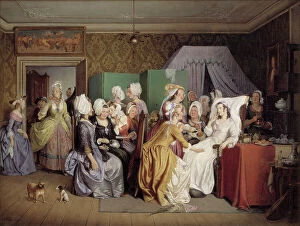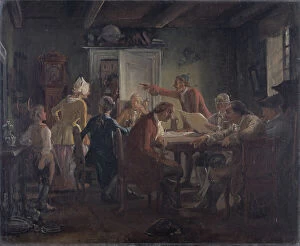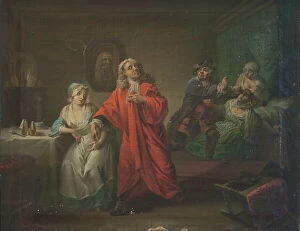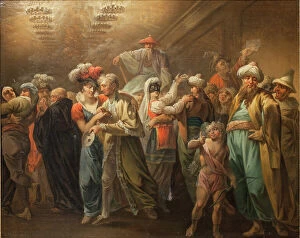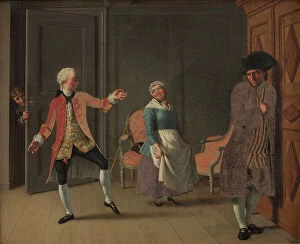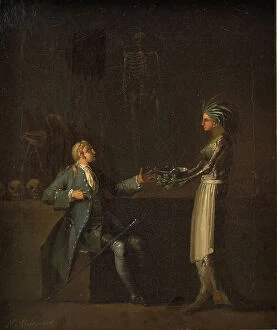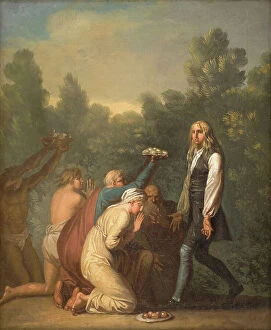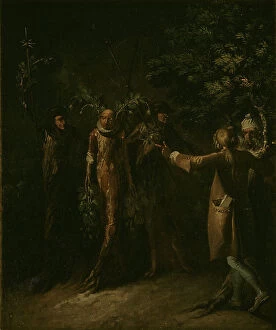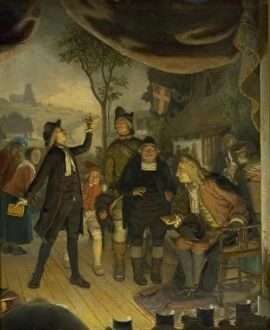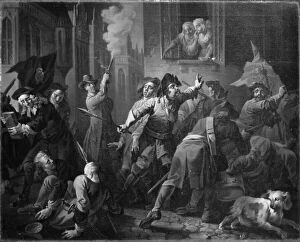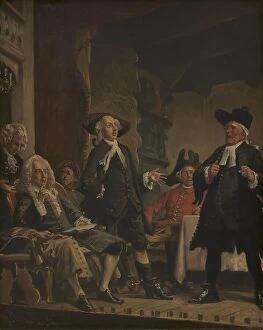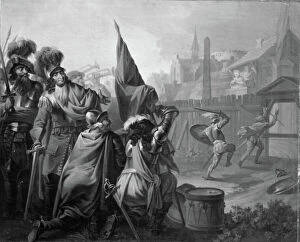Ludwig Holberg Collection
Ludwig Holberg, a prominent figure in Norwegian-Danish literature and history, was known for his influential works as a playwright, historian, and philosopher
For sale as Licensed Images
Choose your image, Select your licence and Download the media
Ludwig Holberg, a prominent figure in Norwegian-Danish literature and history, was known for his influential works as a playwright, historian, and philosopher. Born in Bergen in 1684, Holberg's legacy continues to be celebrated today for his contributions to the cultural landscape of Scandinavia. Holberg's comedic plays were groundbreaking for their time, blending satire with social commentary to critique the societal norms of the day. His most famous work, "Jeppe on the Hill," is still performed worldwide and showcases his wit and sharp observations of human nature. In addition to his theatrical achievements, Holberg was also a prolific writer of historical texts that shed light on Denmark-Norway's past. His comprehensive histories provided valuable insights into the political and social dynamics of the region during his lifetime. As a philosopher, Holberg challenged conventional wisdom and encouraged critical thinking among his peers. His ideas on education and rationalism influenced generations of thinkers long after his death in 1754. Today, Ludwig Holberg is remembered as one of Scandinavia's most important literary figures whose impact can still be felt across various disciplines. His enduring legacy serves as an inspiration for future generations seeking to push boundaries and challenge established norms in pursuit of knowledge and truth.



